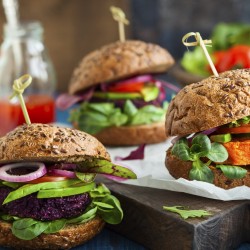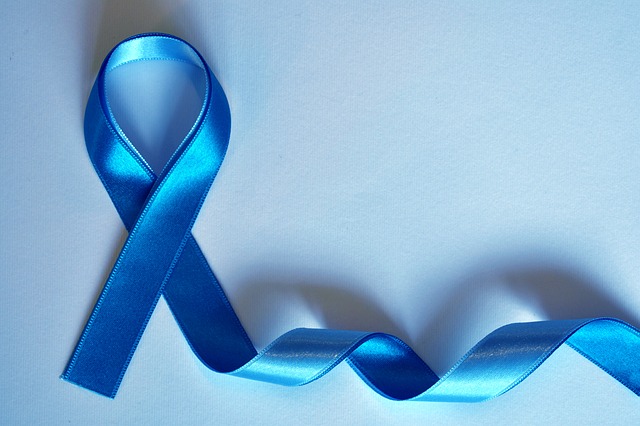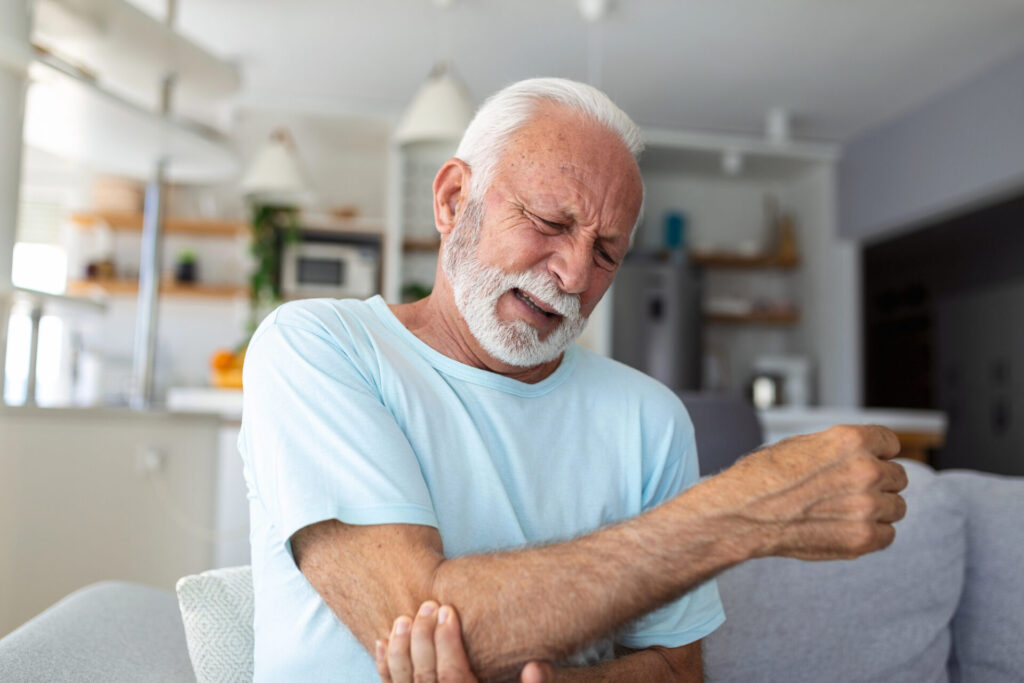In North America alone, it is estimated that 224,000 men will be diagnosed with prostate cancer in 2020, according the US and Canadian Cancer Societies estimates. Among other risk factors, more and more studies point to diet as a major factor in the development of prostate cancer, as it is for cardiovascular disease, diabetes, and obesity.
The journal Nutrients dedicated a series of six studies to prostate cancer and the role of diet and medicinal plants, herbs, and isolated phytochemicals for reducing the risk of prostate cancer and future potential in clinical settings.
One study, Dietary Patterns Are Associated with Risk of Prostate Cancer in a Population-Based Case-Control Study in Montreal, Canada, led by Professor Marie-Élise Parent of Institut national de la recherche scientifique (INRS) showed a link between specific types of diets and prostate cancer. This study is significant in that the researchers moved away from the typical approach used in epidemiological studies, which involves looking at one nutrient or food group at a time. The instead collected data from a broader dietary profile.
Three main dietary profiles analyzed

INRS PhD student Karine Trudeau, the lead author of the study, based her analysis on three main dietary profiles: healthy diet, salty Western diet including alcohol, and sugar-rich Western diet with beverages. The first profile leans heavily towards fruits, vegetables, and plant proteins like tofu and nuts. The salty Western diet with alcohol includes more meat and beverages such as beer and wine. The third profile is rich in pasta, pizza, desserts, and sugary carbonated drinks. The study took age, ethnicity, education, family history, and date of last prostate cancer screening into account.
Marie-Élise Parent and Karine Trudeau found a link between a healthy diet and a lower risk of prostate cancer. Conversely, a Western diet with sweets and beverages was associated with a higher risk and seemed to be a factor in more aggressive forms of cancer. The study did not show any clear link between a Western diet with salt and alcohol and the risk of developing the disease.
The largest cases and controls identified the following nutrient-based dietary patterns:
- Elevated risks were associated with animal products, starch-rich and unsaturated fatty acids patterns;
- No association was found with vitamins and fiber and vegetable unsaturated fatty acids patterns.
- The second largest case-control study, the MCC-Spain study (733 cases and 1229 controls), suggested a protective effect of the Mediterranean diet among men with Gleason scores > 6.
- The third largest study (546 cases and 447 controls) was conducted in Western Australia and shows that a Western pattern diet was associated with an increased risk of prostate cancer while the vegetable and health-conscious patterns were not associated with risk.
“It’s not easy to isolate the effect of a single nutrient,” explained Ms. Trudeau. “For example, foods rich in vitamin C, such as citrus fruits, promote iron absorption. Calcium is often found in dairy products, which also contain vitamin D. Our more targeted approach takes this synergy into account to produce more meaningful results that public health authorities can use to formulate recommendations. Rather than counting on one miracle food, people should look at their overall diet.”

“This study proves what practitioners in naturopathic functional medicine know – nutrition and lifestyle is medicine. There have been numerous large scale cohort and case-control studies showing that a “healthy diet” can protect against low risk and high-risk prostate cancer,” says Geo Espinosa, ND, faculty and holistic clinician in Urology at New York University Langone Health.
Dr. Espinosa is the founder of the CaPLESS Method (CM), a lifestyle program focused on prostate cancer, described in his book, Thrive Don’t Only Survive (2016, Riverdale Publisher). “I’ve looked at the world research to understand how I can keep my prostate cancer patients thriving,” he says. “In my work with thousands of prostate cancer patients for close to two decades, coupled with extensive research on the subject, diet and exercise is a cornerstone to not only surviving prostate cancer but thriving despite it.”
He reminds practitioners that though the researcher by Trudeau et al. defines a “healthy diet” as an eating pattern that includes such foods as “fruits, vegetables, tofu, soybeans, fish, brown bread, nuts or peanut butter, yogurt, and no consumption of white bread,” it is important to consider the phytochemicals present in specific foods.
“We should remember that it is not only the vitamins and minerals in ‘healthy food’ that is protective but, maybe, more importantly, the phytochemicals in the diet that is therapeutic against prostate cancer. For example, sulforaphane’s from cruciferous vegetables are particularly protective against prostate cancer by inducing apoptosis in damaged cells. So men should eat their cabbage, Brussels sprouts, cauliflower, and broccoli,” he says.
A partner study to the diet and prostate cancer study supports Dr Espinosa’s work to increase phytonutrient intake among men. In the study, Phytochemicals in Prostate Cancer: From Bioactive Molecules to Upcoming Therapeutic Agents, researchers looked at the role of plants as potential sources of natural bioactive compounds that as as, but are not limited to a role, as secondary metabolites. They list plant extracts and corresponding bioactive constituents with their anti-prostate cancer potential, including: Annonaceae, Apocynaceae, Asteraceae, Combretaceae, Euphorbiaceae, Fabaceae, Lamiaceae, Malvaceae, Phyllantheraceae, Poaceae, Rutaceae, Solanaceae and Zingiberaceae families. They also list the classes of metabolites isolated from medicinal plants with evidence for their activity against prostate cancer, namely alkaloids, phenolic compounds, and terpenoids.
These two studies are included in an entire series from the journal Nutrients on diet and prostate cancer. Other articles include discussions on the beneficial roles of essential fatty acids and curcumin, as well as food processing as a risk factor. See all the studies below cited in this article and in the series.





